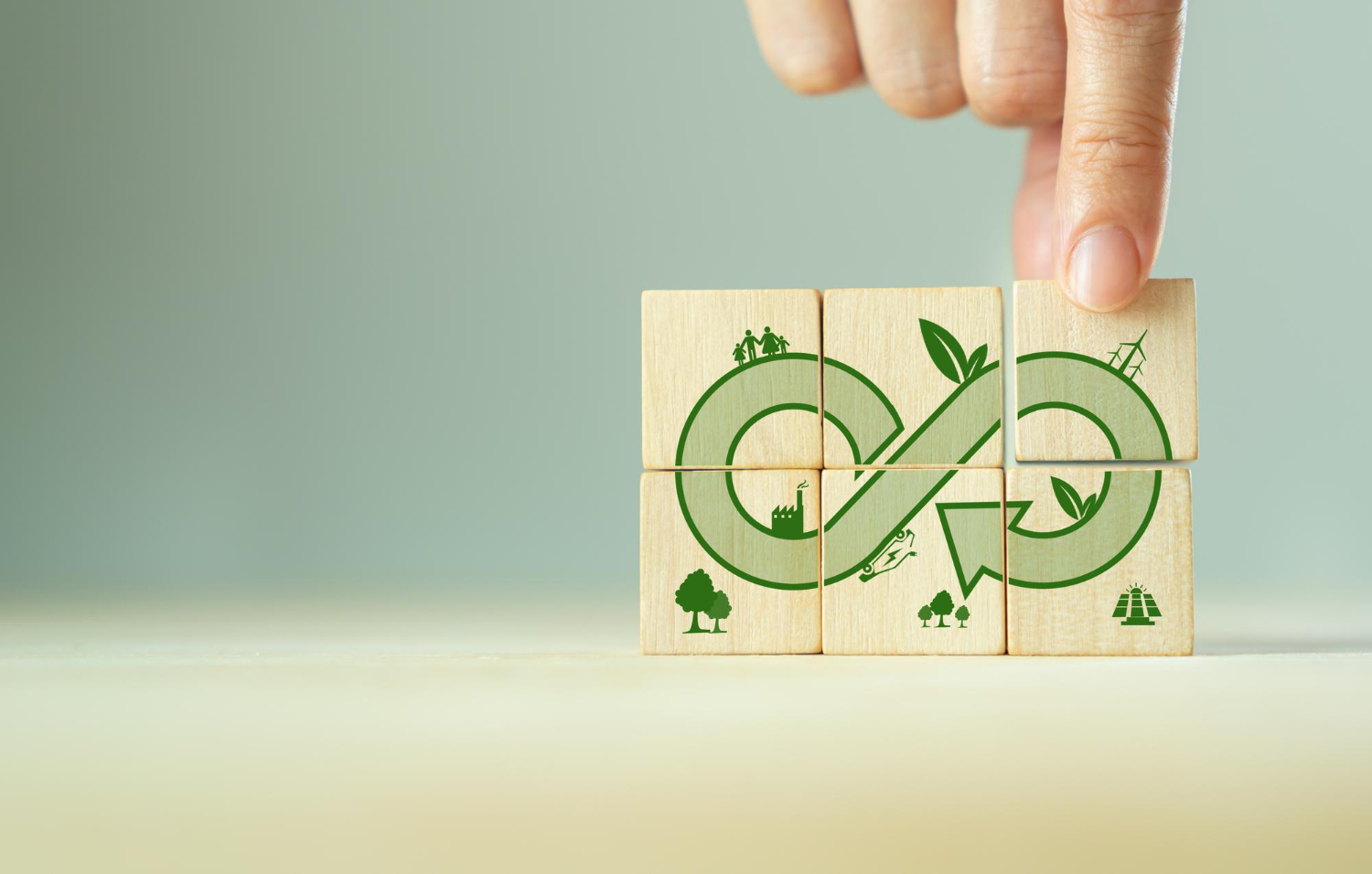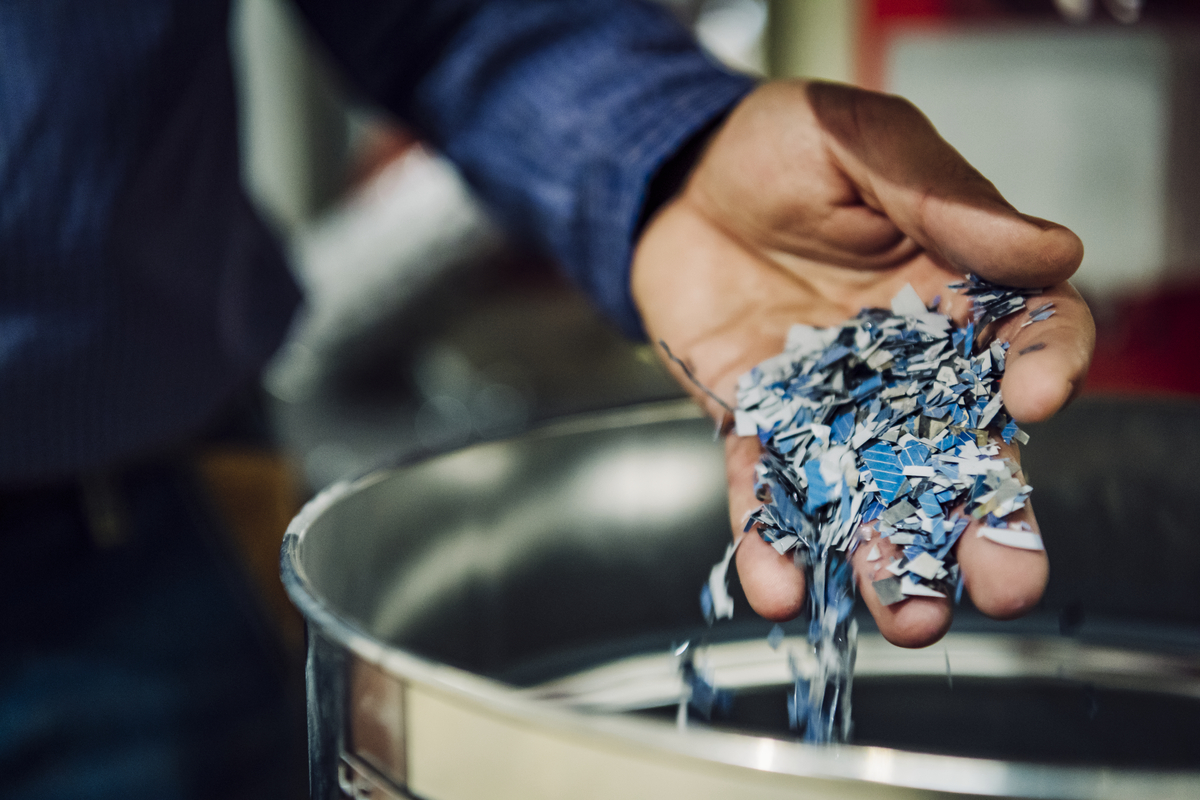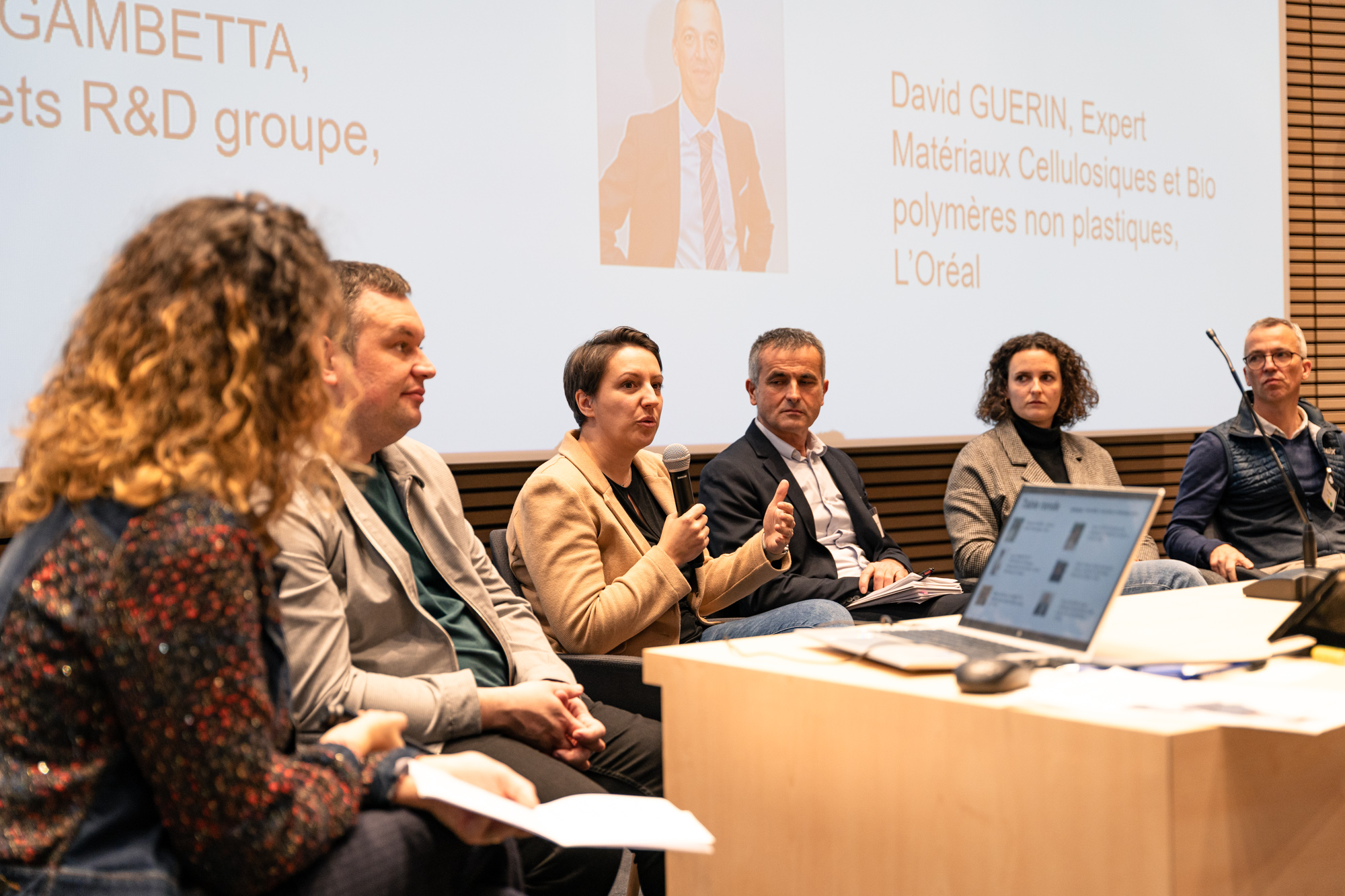
Collaborating with
eco-organizations
In the field of recycling, eco-organizations play a central role in Extended Producer Responsibility (EPR) schemes. It is in this capacity that the REVIWEEE project (focusing on Waste Electrical and Electronic Equipment or ‘WEEE’) is collaborating with Ecologic, an eco-organization specializing in this field. To better understand these interactions, we interviewed Victor François, Head of Risk Management and R&D Recycling at Ecologic, and Jean-Christophe Gabriel, Coordinator of the REVIWEEE project.
By Etienne Morisseau
What are the main issues facing eco-organizations and the WEEE recycling sector today?
VF: Our main objective is to optimize the collection of WEEE so that it can be sent to the appropriate treatment facility for its specific characteristics. It is also necessary to continue developing the recycling of plastics and their integration into new equipment, as well as the recycling of critical substances (tungsten, lithium, cobalt, nickel, etc.).
JCG: In order to recycle WEEE, we need to have access to the waste, which means it has to be collected. Eco-organizations are making enormous efforts in terms of communication and logistics to encourage individuals to dispose of their WEEE, but this is a significant limiting factor. For “mixed” waste, i.e., waste that contains electronics (such as a car), the key problem is related to dismantling and accessing the various electronic systems. These operations are often manual and often too expensive to be profitable.
What are the main scientific obstacles to be overcome and the priority research areas to be addressed in the coming years?
JCG: Except in special cases, the chemical composition of WEEE is only known in a fragmentary and empirical way, which means that very little is known about the intrinsic value of the waste. The extreme variability in the form and composition of WEEE and the systems that use it is a major obstacle. This will require the development of eco-design strategies and automated dismantling and sorting methods that do not yet exist. It will also require more flexible, non-polluting, and low-cost purification methods.
VF: Knowledge of the resource base remains a crucial problem to be solved, particularly in terms of critical substances. The answer to this question lies in removing barriers to the sampling and analysis of our complex materials. At the same time, material sorting and extraction processes must be improved and better integrated, for example by combining spectroscopy and hydrometallurgy, to enable higher-quality and more economically efficient recycling.
What role can eco-organizations play in PEPR research, and what partnerships can be established?
VF: We are here to provide data, context, and case studies directly derived from real-world waste management conditions across the country, and to connect with manufacturers who are directly confronted with waste issues.
JCG: Eco-organizations have the expertise to provide a precise and concrete vision of the nature of waste, and thus establish priorities for research into its recycling, as well as in sourcing real waste for the upscaling of the processes developed. Finally, they ideally have a role to play in connecting the various players in the value chain, from manufacturers to recyclers, to promote best practices in eco-design.
VF: In terms of partnerships, the possibilities are vast. Today, Ecologic funds theses, post-docs, and other forms of research contracts, and contributes to other projects without formal partnerships by sharing its knowledge.
What is the nature of the collaboration between REVIWEEE and Ecologic, and what are your expectations?
JCG: Several collaboration agreements exist between the WEEE axis stakeholders and Ecologic, for example to improve knowledge of the composition of WEEE from urban mines, or to develop pilot processes for recycling it. Ultimately, Ecologic will be able to facilitate the implementation of the first industrial lines incorporating these new technologies and thus promote their adoption.
VF: Ecologic gravitates around REVIWEEE because we have research projects on similar topics and with similar players. For us, REVIWEEE is an opportunity to move faster and further on these issues.
More news


